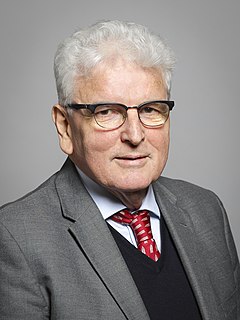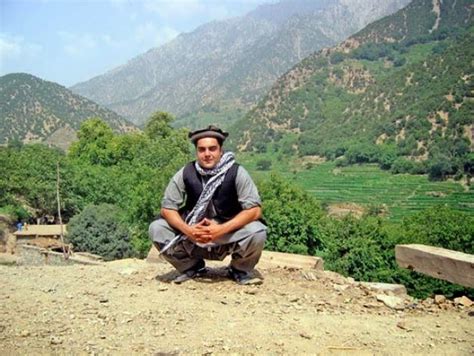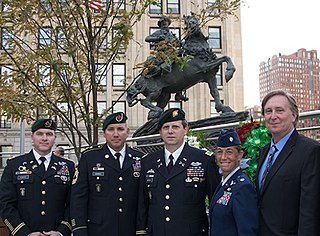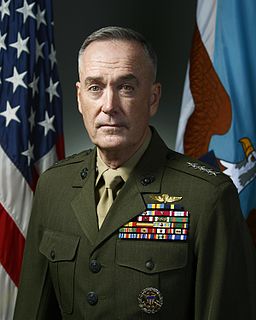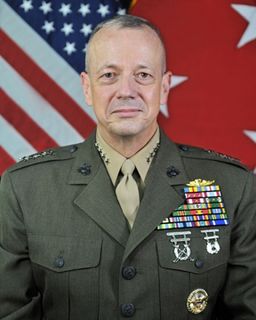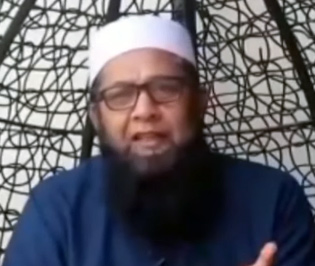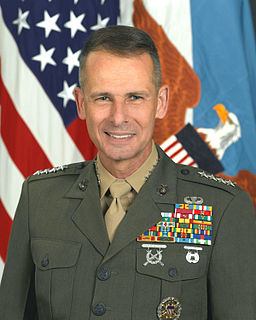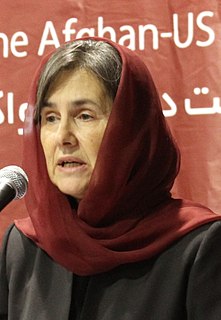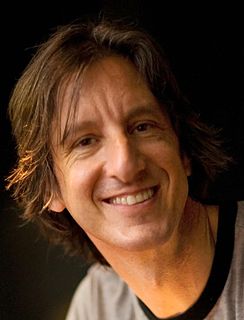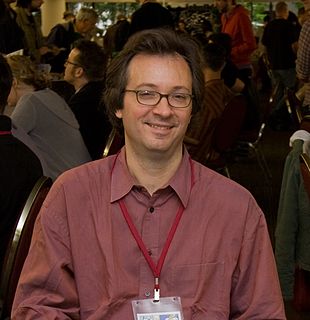Top 1154 Afghanistan Quotes & Sayings
Explore popular Afghanistan quotes.
Last updated on November 3, 2024.
The ongoing war in Afghanistan is being imposed on us, and Afghans are being sacrificed in it for someone else's interests. We are not blocking the interests of the United States or other major powers. But we are demanding that if you consider Afghanistan the place from which to advance your interests, then you should also pay attention to Afghanistan's interests.
America does not hold to the colonial tradition. America came, liberated Afghanistan from the Taliban and al-Qaida, came to an arrangement with Hamid Karzai, wanted to organize elections as soon as possible and then withdraw. The Bush administration thought that once there is a democracy, everything else will fall into place. If today you speak to the architects of the 2001 Afghanistan Conference in Bonn, they will tell you that instead of being fixated on elections, we should have built a State in Afghanistan with an army and a police force first.
We're here so that Afghanistan does not once again become a sanctuary for transnational extremists the way it was when al-Qaeda planned the 9/11 attacks in the Kandahar area, conducted the initial training for the attackers in training camps in Afghanistan before they moved on to Germany and then to U.S. flight schools.
Of all the places I've been while talking to audiences about the U.S. Army's 5th Special Forces Group and their story in Afghanistan, one of the most rewarding was an appearance before the 5th Group soldiers themselves at Ft. Campbell, their home, and the place from which they had launched their historic mission in Afghanistan in 2001.
Pakistan is alarmed by the rising Indian influence in Afghanistan, and fears that an Afghanistan cleansed of the Taliban would be an Indian client state, thus sandwiching Pakistan between two hostile countries. The paranoia of Pakistan about India's supposed dark machinations should never be underestimated.
If Afghan soldiers continue to kill American soldiers as is happening these days, it can hardly be assumed that they will stay in Afghanistan in the long term. And what role are they to play? There will not be enough soldiers to ensure the security of the country. But will the US still be permitted to kill terrorists in Afghanistan and Pakistan with un-manned drones? That could worsen the situation in the neighboring states and they could view Afghanistan as a threat.
Johnny Apple, a New York Times correspondent, wrote a front-page story saying Afghanistan could be a quagmire and he was mocked and derided. What is certainly true is that all sorts of resources that would have been used in Afghanistan were diverted to Iraq. Would those resources have helped? Almost undoubtedly. Whether or not Afghanistan would be a peaceful nation-state had we not gone into Iraq I doubt. Afghanistan is going to be Afghanistan, no matter how hard we try to make it something else.
Afghanistan would have been difficult enough without Iraq. Iraq made it impossible. The argument that had we just focused on Afghanistan we'd now be okay is persuasive, but it omits the fact that we weren't supposed to get involved in nation-building in Afghanistan.In my new book, I open with a quote from Donald Rumsfeld. In October 2001, he said of Afghanistan: "It's not a quagmire." Ten years later there are 150,000 Western troops there.


